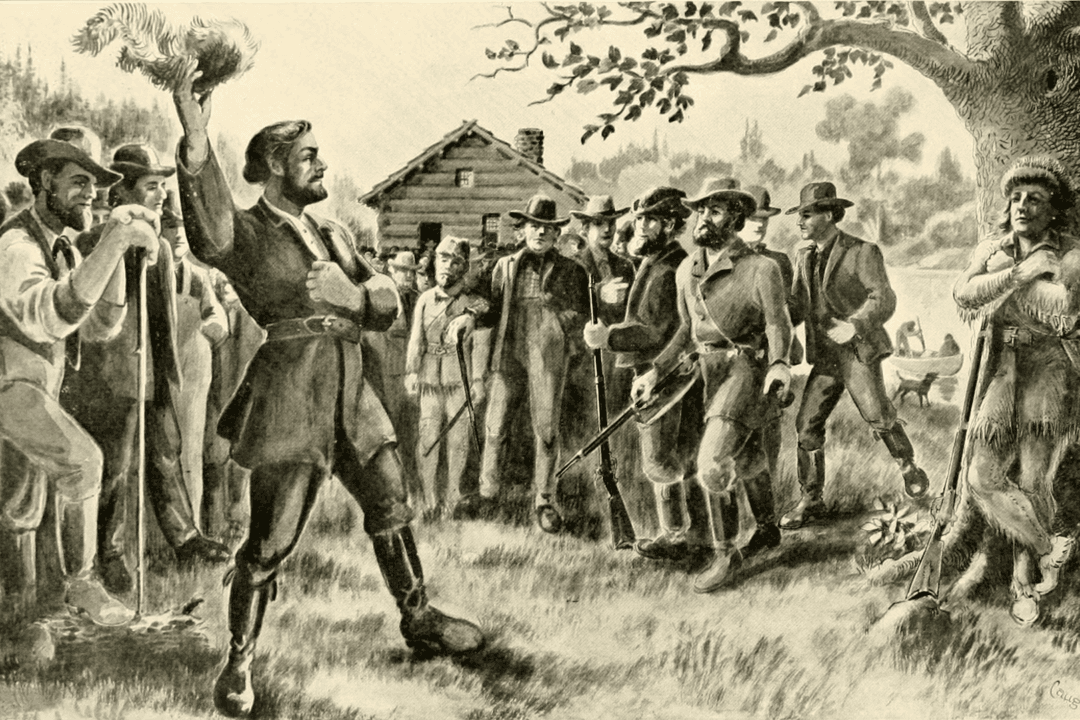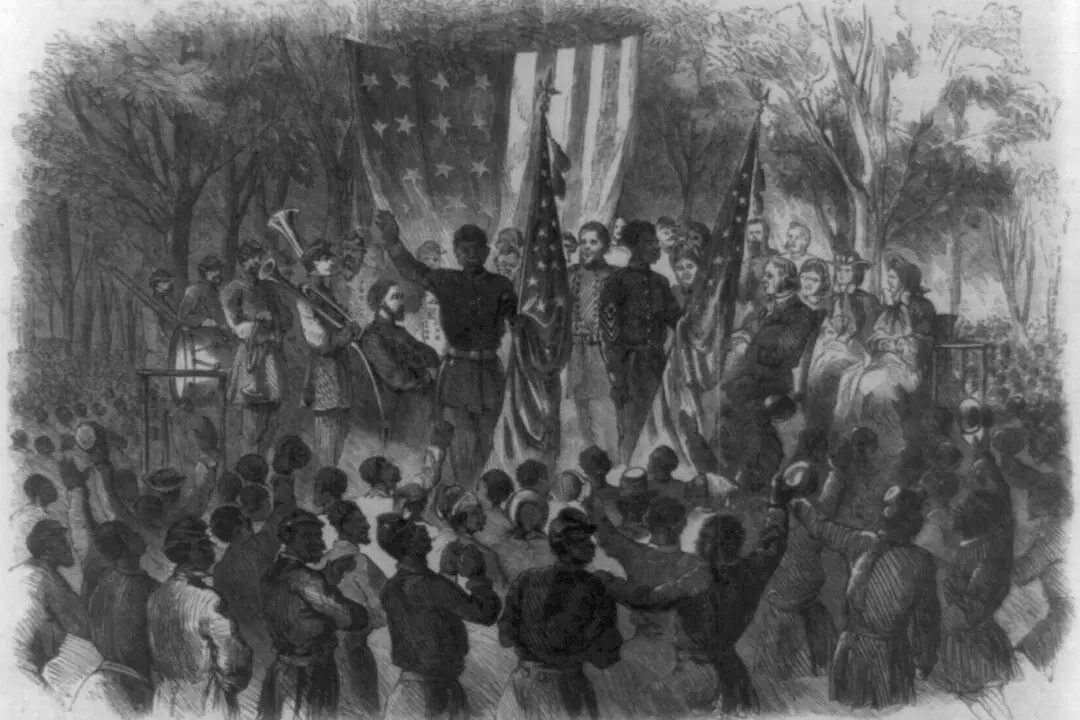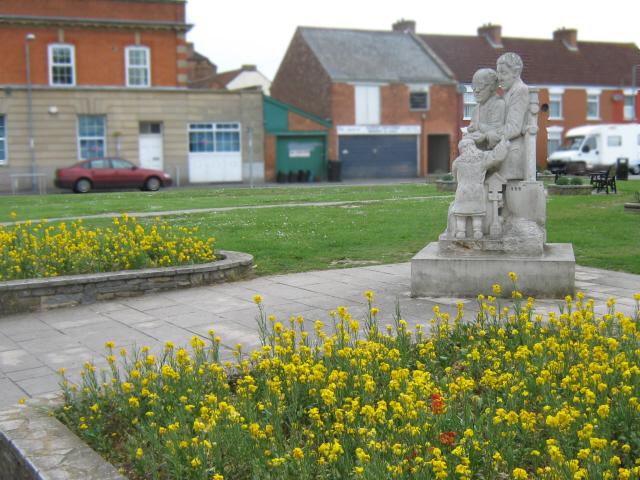His adventurous spirit led Joseph Meek to the far West as one of the first pioneers to settle in the once unknown region that is now Oregon. After years as a fur trapper, a tragedy and a special connection with President James Polk would lead Meek to play a key role in bringing statehood to the Oregon Territory in the 1800s.
Meek was born in Virginia’s Washington County in 1810, but little is known about his early days. He left home as a young man, due to his rowdy behavior and disagreements with his stepmother. He moved to St. Louis at 19, where he entered the fur trade. Meek then headed farther west to make a living by trapping in the Rocky Mountains as a mountain man.






